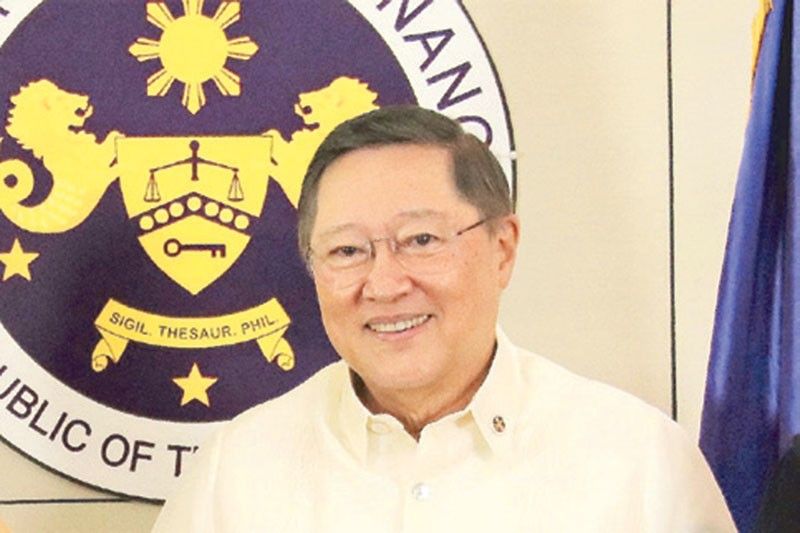Philippines tapping $10 billion global fund for shift to renewable energy

MANILA, Philippines — The Philippines plans to tap a $10-billion global fund to help the country reduce its carbon emissions by transitioning to renewable energy.
Finance Secretary Carlos Dominguez said yesterday he discussed with Rajiv Shah, president of The Rockefeller Foundation, the prospects of accessing the global fund raised by the group led by Bezos Earth Fund and IKEA Foundation.
Last week, the group launched at the 26th Conference of the Parties (COP 26) in Glasgow, Scotland the Global Energy Alliance for People and Planet (GEAPP), a global fund that can be used by developing nations while they transition to renewable energy.
As head of the Philippine delegation to COP 26, Dominguez told Shah of the Philippines’ plan to improve Mindanao’s hydropower facilities to wean the region away from coal energy. Dominguez has also asked Shah how the Philippines can work with GEAPP to speed up the country’s efforts to transition to renewable energy.
During the meeting, Dominguez said there should be a mix of grants, investments and subsidies in delivering the funding needs of nations most vulnerable to climate change. Shah, for his part, vowed to look into this approach in partnering with developing economies like the Philippines.
Aside from the private sector, the GEAPP obtained its resources from three developed countries and eight multilateral lenders.
The global fund, composed of public and private capital, is expected to rise to $50 billion within the next five years, and then to $100 billion within the next decade to hasten the transition to renewable energy of more than 60 states across Africa, Asia and Latin America.
The GEAPP will serve as a platform for developmental work among economies involved, as well as a source for financing options ranging from project grants to technical assistance.
Japan last week pledged to grant $25 million for the energy transition mechanism of the Asian Development Bank. The ETM looks to retire coal plants and introduce alternative options in the Philippines and Indonesia.
Coal accounts for at least 54 percent of the country’s energy mix and, in turn, contributed about half of its carbon emissions in 2019. Through the ETM, the Philippines can decommission more than half of its coal facilities within the next 10 to 15 years.
Based on data from the Department of Finance, the country suffered P506.1 billion in economic losses to climate hazards between 2010 and 2020.
- Latest
- Trending

























